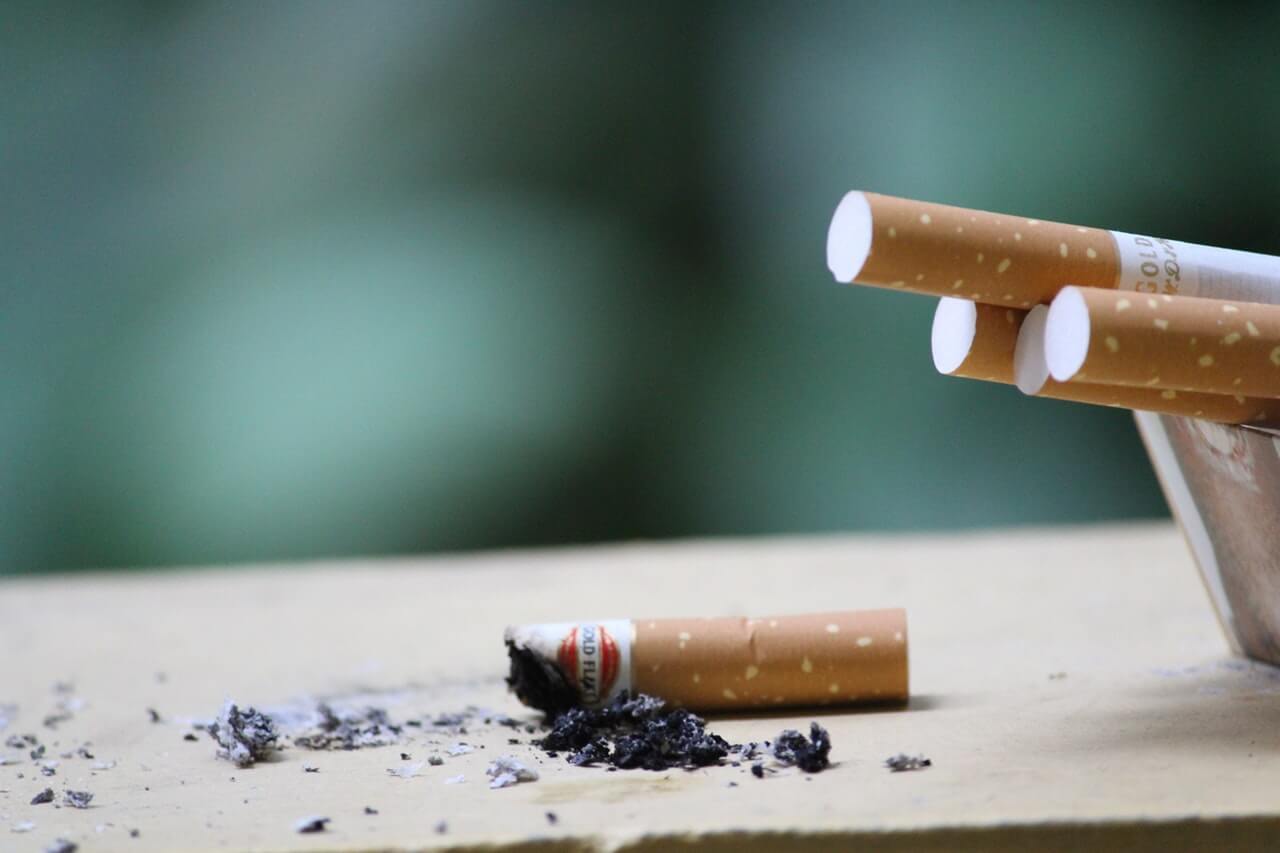Being told smoking depletes our body of vitamin C and increases our risk for cancer or being shown pictures of black lungs just don’t work to stop us from taking a drag off a cigarette.
It seems entirely illogical but for those of us who have ever smoked a cigarette, we know that these scare tactics don’t work to prevent people from smoking.
If you smoke, I am sure you know how important it is to quit and you possibly want to but cannot seem to untie that albatross from your neck. Don’t give up! Try to quit again; when it comes to smoking, it is okay to be a quitter.
The withdrawals phase really seems to only last from 3 days to 2 weeks. During this time your body is detoxing and some of the symptoms are: feeling sad, angry, anxious, hungry, having trouble thinking or sleeping. (1)
The options range from meditation to medications, there are many resources available to help people quit smoking. In the mean time, here are some ideas to help you make the most out of your diet to offset the damaging effects of smoking.
Smoking causes damage to the cells in our bodies by introducing toxins that cause inflammation. Vitamin C is a vitamin that helps reduce the damage to the cells caused by smoking and also works to detox these toxins out of our bodies.
It is recommended that smokers take 35 milligrams more vitamin C per day than non-smokers; adult men need 90 milligrams and women need 75 milligrams but you can safely take 2000 milligrams, which is the tolerable upper limit. (2)
Smoking causes inflammation and so does emotional stress. Consider introducing some elements of the anti-inflammatory diet to offset the damage and jumpstart some new healthy habits in your life.
Sleep can be disturbed during quitting. Not getting enough sleep often leads to cravings for sweets. (3) Prevent yourself from getting caught on the merry-go-round of sugar cravings.
Plan ahead to have balanced meals and snacks to ensure you are properly fueled throughout the day to reduce cravings.
Sources
- Manage Withdrawal. (2017, February 22). Retrieved June 29, 2017, from https://www.cdc.gov/tobacco/campaign/tips/quit-smoking/guide/withdrawal.html
- Mahan, L. K., & Raymond, J. L. (2017). Krauses food & the nutrition care process. St. Louis, MO: Elsevier.
- Impact of acute sleep restriction on cortisol and leptin levels in young women. (n.d.). Retrieved June 29, 2017, from https://www.sciencedirect.com/science/article/pii/S0031938410000417?via%3Dihub

